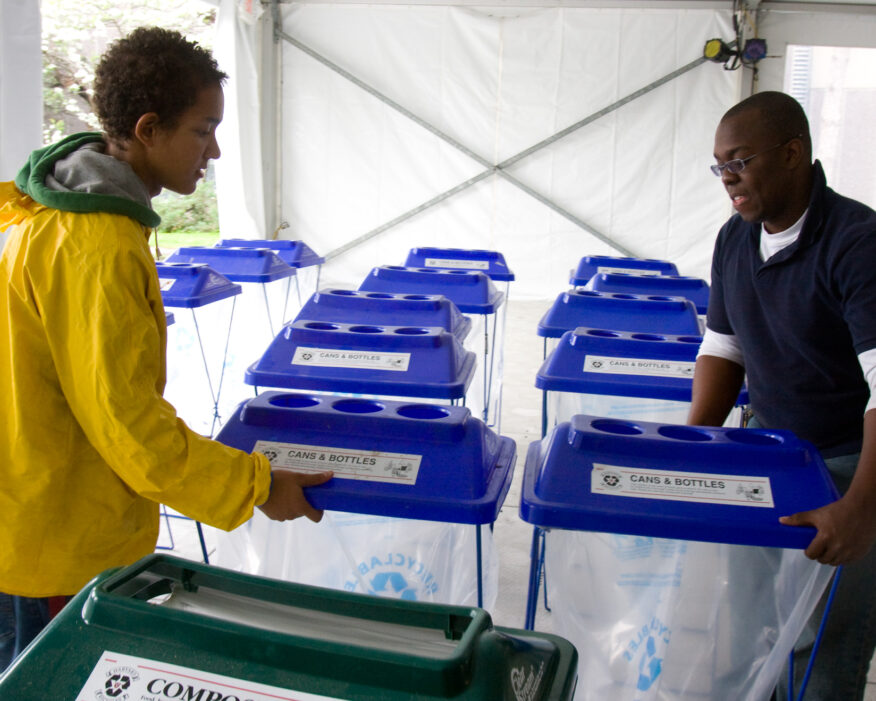Sustainability Resources
At Harvard, we are incorporating sustainable practices and initiatives at all schools and administrative units on campus. Explore our resources and guides to learn how you and your office can become more sustainable.
Sustainability resources
Explore Harvard’s sustainability guides, standards, and resources:
- Sustainability Action Plan
- Green Revolving Fund
- University Sustainability Standards
- Sustainable Labs
- Sustainable Meeting and Event Guide
- Sustainable Office Guide
- Sustainable purchasing guidance
- Sustainability Guide for Student Groups
- Waste Signage
Engage with sustainability at Harvard
Connect with Us
Whether you are a student, staff member, alum, community member or simply want to learn more about sustainability at Harvard, there are many opportunities to get involved.
